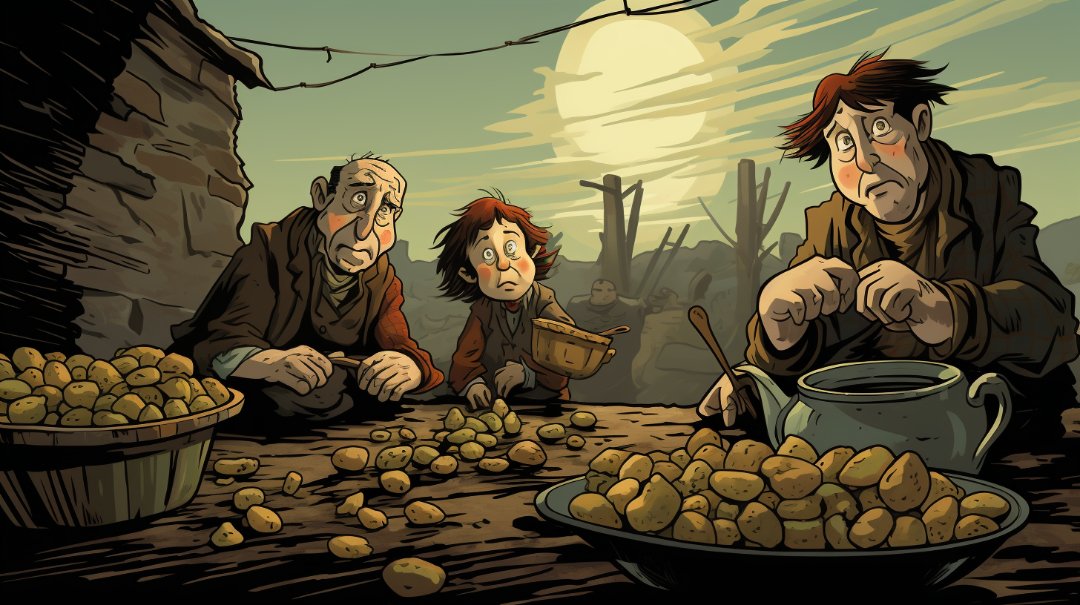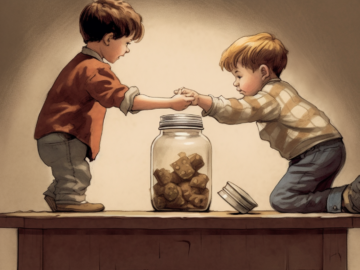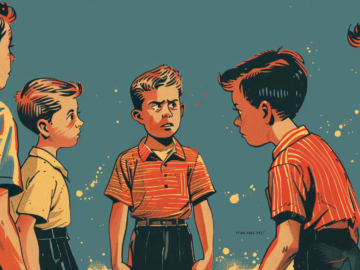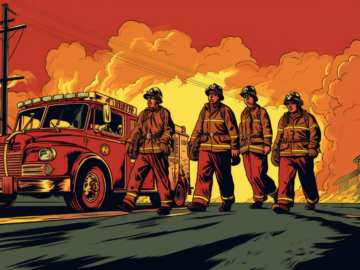You can’t control what others do, only your own reactions.
Bard Dad
The Rich Tapestry of Irish History: Navigating Life’s Challenges with Wit and Wisdom
Ah, the Emerald Isle! A land renowned for its verdant landscapes, captivating legends, and a history as tumultuous as the Atlantic waves that relentlessly crash against the Cliffs of Moher. But if there’s one overarching lesson that the annals of Irish history impart upon us, it’s the timeless wisdom: “You can’t control what others do, only your own reactions.”
The Vikings: From Raids to Trade
Let’s embark on a more detailed journey back in time, shall we? Picture the scene: the 9th century, when the formidable Vikings first sailed up the River Liffey. The initial Irish reaction could easily have been one of sheer despair or surrender. But the Irish, ever pragmatic and resilient, thought, “Well, if you can’t beat these Norsemen, why not trade with them?” And thus, from the ashes of invasion, Dublin, originally a Viking settlement, transformed into a thriving hub of commerce and culture. This reminds us of the old Irish proverb, “It’s better to light a candle than to curse the darkness.”
Thor got angry and raised his hammer and would straight away have broken his head, had not the gods asked for peace for him.
Snorri Sturluson in the Prose Edda
The English Conquest and the Flame of Irish Resilience
Zooming forward a few centuries, we encounter the English Crown’s attempts to exert its dominance over Ireland. The Irish, with their indomitable spirit and fierce love for their homeland, responded not merely with resistance but with an unyielding resilience. Jonathan Swift, the sharp-witted Irish satirist, once remarked, “We have just enough religion to make us hate, but not enough to make us love one another.” Yet, in the face of external pressures, the Irish often chose unity and love over division and discord.
The Great Famine: Tragedy and Transformation
The Great Famine of the 1840s was an uncontrollable and devastating tragedy. But the Irish, with their enduring spirit and tenacity, chose to perceive it not as an insurmountable end but as a gateway to new beginnings. Thousands emigrated, taking with them tales, traditions, and the essence of Irish culture, thereby imprinting it on global shores. The ever-eloquent Oscar Wilde aptly remarked, “What seems to us as bitter trials are often blessings in disguise.”
The Almighty, indeed, sent the potato blight, but the English created the Famine.
John Mitchel, an Irish nationalist activist, journalist, and political prisoner. There was pleanty of food just an unwillingness to share
The Irish Way: A Legacy of Resilience and Humor
So, after this extended journey through the annals of Irish history, what conclusions can we draw? Life, with all its unpredictability, will invariably present challenges, be they in the form of Viking invasions, political subjugations, or natural calamities. But the Irish way, time and time again, has been to confront these challenges with unparalleled wit, wisdom, and a dash of humor.
Recall the profound words of the illustrious Irish playwright, George Bernard Shaw: “Life isn’t about finding yourself. Life is about creating yourself.” And in the face of adversity, the Irish have consistently demonstrated an uncanny ability to craft a legacy marked by resilience, humor, and grace.
So, when life’s unpredictable storms come your way, channel your inner Irish spirit. Remember: while you can’t control external events, your reactions are entirely in your hands. And with a generous dose of wit and wisdom, those reactions can indeed be the stuff of legends. Sláinte!





